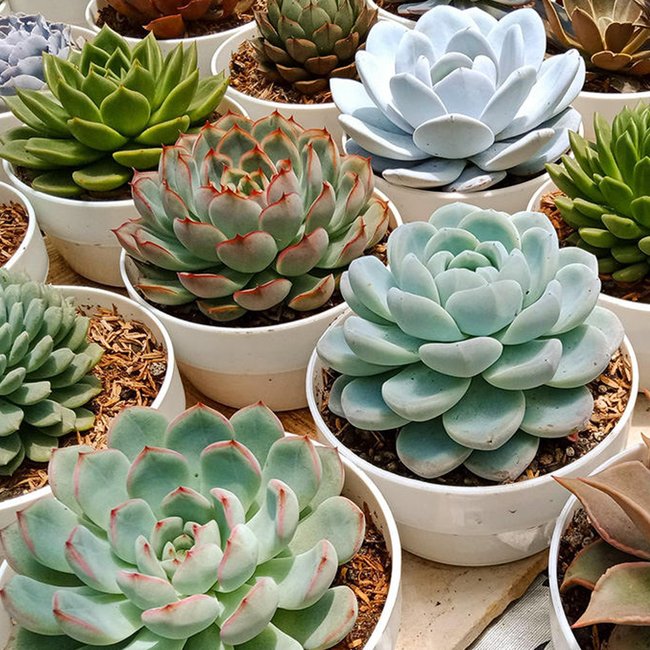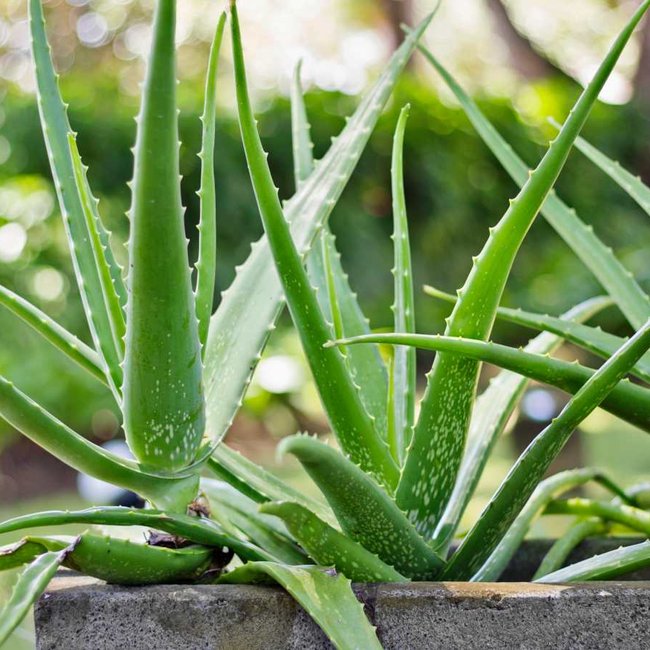Carrots
Carrots are an edible root vegetable that have been cultivated for thousands of years and are a popular ingredient in many dishes. They are a versatile and nutritious vegetable, and have many health benefits.
Classification and Taxonomy
Carrots belong to the Apiaceae family, and are scientifically known as Daucus carota.
Description and Characteristics
Carrots are biennial plants, and have a long, thin taproot that can range from yellow to purple in color. The leaves of the carrot plant are feathery and bright green.
Distribution and Habitat
Carrots are native to Central and Southwest Asia, and have been cultivated worldwide for centuries. They are grown in gardens, fields, and greenhouses and thrive in well-drained, sandy soil.
Ecology and Reproduction
Carrots are pollinated by bees, and reproduce by flowering and seed dispersal.
Uses and Economic Importance
Carrots are a popular food and can be eaten raw, cooked, or juiced. They are a good source of vitamins and minerals, and are used in a variety of dishes. Carrots are also used to make livestock feed, and for medicinal purposes.
Conservation Status
Carrots are not considered to be threatened or endangered.
-
What are the health benefits of eating carrots?
Carrots are an excellent source of vitamins, minerals, and antioxidants. They are high in beta-carotene, which can be converted into vitamin A in the body. Vitamin A is essential for maintaining healthy vision, skin, and immune system function. Carrots are also rich in fiber, which can help promote healthy digestion and weight management. Additionally, the antioxidants in carrots may help reduce the risk of chronic diseases, such as heart disease and cancer.
-
How do you grow carrots?
Carrots are a relatively easy crop to grow. They prefer well-drained soil with plenty of organic matter. Carrots can be sown directly in the garden in early spring or late summer, depending on the climate. They should be planted in rows, with seeds spaced about 2 inches apart. Carrots require consistent moisture to germinate and develop properly. They should be watered deeply once a week, or more often in hot, dry weather. Carrots are ready to harvest when the tops are about 1 inch in diameter.
-
How do you store carrots?
Carrots should be stored in a cool, dry place. They can be kept in the refrigerator for up to two weeks, but they should be stored in a plastic bag to prevent moisture loss. Carrots can also be stored in a root cellar or other cool storage area for several months. To prevent spoilage, remove any green tops before storing, as they can cause the carrots to rot more quickly.
-
Can carrots be eaten raw?
Yes, carrots can be eaten raw or cooked. Raw carrots are a popular snack and can be sliced or grated for use in salads or as a garnish. Cooking carrots can help to enhance their natural sweetness and make them more tender. Carrots can be roasted, steamed, boiled, or stir-fried, and are a versatile ingredient in many dishes.
-
What are some common varieties of carrots?
There are many different varieties of carrots, ranging in color from orange to purple to white. Some common varieties include Nantes, Chantenay, Danvers, and Imperator. Baby carrots, which are small and sweet, are also a popular choice. Heirloom varieties, such as the Scarlet Nantes and the Cosmic Purple, are gaining popularity for their unique colors and flavors.
-
Are carrots good for weight loss?
Yes, carrots can be a helpful food for weight loss. They are low in calories and high in fiber, which can help promote feelings of fullness and reduce overall calorie intake. Additionally, the antioxidants in carrots may help reduce inflammation, which can contribute to weight gain. However, it is important to remember that weight loss requires a combination of healthy eating habits and regular physical activity, and no single food can guarantee weight loss on its own.
-
Can carrots be harmful to dogs?
Yes, carrots can be a healthy snack for dogs, but they should be fed in moderation. Carrots are high in fiber and can help promote good digestion in dogs. However, too many carrots can cause stomach upset or diarrhea. Additionally, some dogs may have difficulty digesting carrots and may develop an upset stomach or other digestive issues. It is important to introduce carrots slowly and in small amounts to your dog's diet and to monitor their reaction closely.
10 Fun Facts About
1. Carrots were originally purple, not orange. 2. Carrots are a good source of beta-carotene, which is converted to Vitamin A in the body. 3. Carrots are believed to have originated in Afghanistan. 4. The longest carrot ever grown was 19 feet long. 5. Carrots can be stored for up to 10 months in a cool, dark place. 6. Carrots are a member of the Apiaceae family, which also includes parsley, celery, and fennel. 7. Carrots are high in fiber and low in calories. 8. Carrots can be eaten raw, cooked, or juiced. 9. Carrots are believed to have medicinal properties, and are used to treat a variety of ailments. 10. Carrots are one of the oldest cultivated vegetables.
Pun
You can't beet the taste of carrots!
Similar To
Parsnips, Turnips, Radishes, Celery Keywords: Carrots, Apiaceae, Daucus carota, Beta-carotene, Vitamin A, Afghanistan, Parsley, Celery, Fennel, Fiber, Calories, Medicinal Properties.







